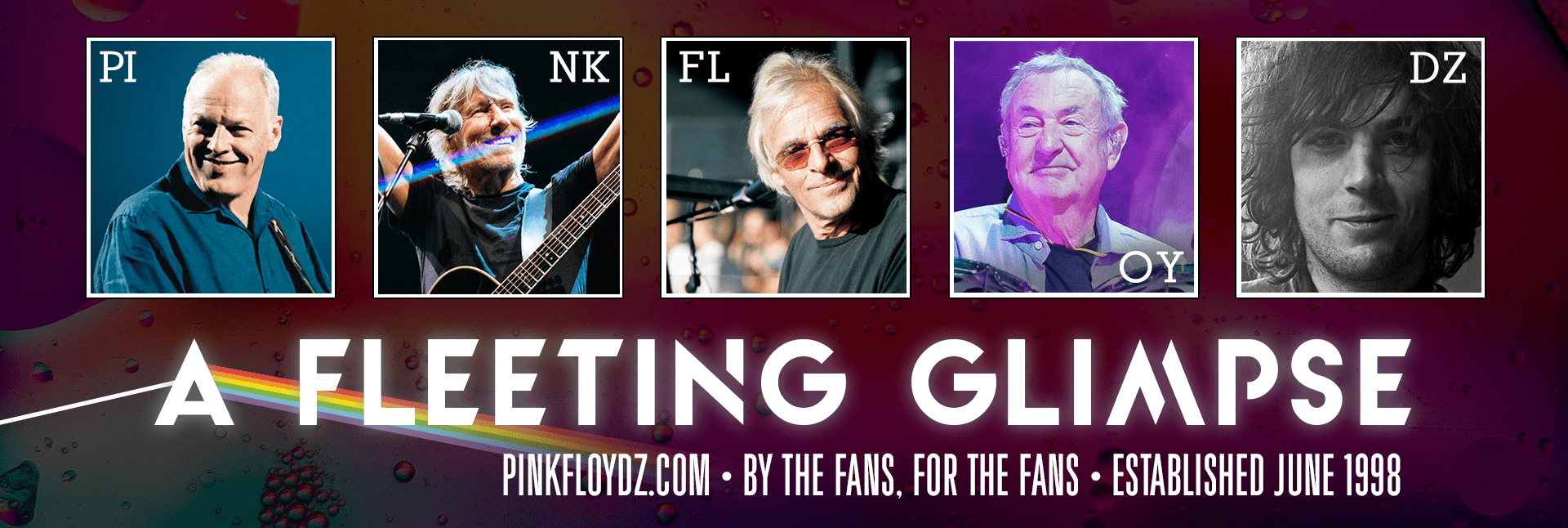There is a pile of books on the coffee table in Roger Waters’s Sydney hotel suite.
Perched on top is the religious-baiting The God Delusion by Richard Dawkins. The tall, slim Waters, whose long, wavy grey hair gives him the air of a bohemian priest, is eager to get stuck into it, having already enjoyed Sam Harris’s The End of Faith, another provocative poke at religious belief.
It is not a surprising reading list given faith and its consequences have been direct and indirect issues in many of Waters’s songs, both for Pink Floyd and in his solo work since an acrimonious split in the 1980s with the other three members of the band.
“I think the fact that people are beginning to make these points, in a coherent way that is getting media attention, is fundamentally important to the possibilities of our children having proper lives,” he says.
“I think the Holy Scriptures are superstitious nonsense. I think more and more the empirical evidence goes to support that view. It’s great that people like Dawkins are actually writing very easy to read and coherent expressions of my point of view [he chuckles] so I’m pleased about that. So, yes, you’re right, [religion] is absolutely central to all I do now.”
In the second half of the concerts on this tour, Waters is performing Pink Floyd’s era-defining 1973 album, Dark Side of the Moon (which ABC listeners and viewers recently voted one of their all-time favourite albums), in full for the first time. It was on that album that Waters, who as a very young child lost his father during World War II, grew up in the emotionally stunted postwar years and lost his friend, Floyd’s founding member and principal songwriter, Syd Barrett, to psychosis, began to exercise and exorcise his personal demons as he sought to understand himself.
Religion is an obvious answer that others might have found, but he chose not to. What did he find instead? In one of his poems printed in the program for this tour, named after and inspired by a viewing of the concert film The Last Waltz, Waters writes:”I just want that thing when voices join in harmony.” His 1992 album Amused to Death tackled some of these issues, too.
“It’s the eternal question, whether man as a group is capable of good, or whether we are doomed to always make evil choices,” Waters says.
Has he not seen evidence of man being capable of good?
“Well, I have, in individual circumstances, obviously, but as a group, as a species, as I say in Amused to Death, ‘give any species too much rope and they f— it up. We’re doing a pretty royal job of f—ing up at the moment’.”
It may not be surprising then that Waters is commonly assumed to be at best self-loathing but possibly misanthropic.
“I’m not misanthropic at all,” he says calmly. “I see glimmers of hope. I have to say, though, as I have grown older and dealt with one or two of my specific personal psychological, philosophical problems, I found it easier myself to be nicer to people than I used to be when I was a snotty kid, a snotty young man. Which is good.”
In a flippant way, looking at the possibility of human beings living together rather than in opposition, you could say that if the members of Pink Floyd can get back on stage together, as they did last year for the Live 8 concert, then anything is possible.
Waters laughs. “I guess the Live 8 thing could have been seen as symbolic of something, and in fact I did make some comments to that end. It did seem that to be wandering around espousing this idea of communicating and solving problems while not talking to [Floyd guitarist and vocalist Dave] Gilmour was hypocritical.”
The emotional response of fans to that reunion stunned Waters. Enough for him at least – if not for Gilmour, unfortunately for fans – to countenance the idea of a longer-lasting reformation after two decades of being virulently opposed to the idea.
Maybe as with Lou Reed – who was in Sydney last week with the stage production of his album Berlin and who has seemingly gone from a famously irascible if not downright abusive singer to a pleasant and emotional human being – there is something to be said for the cliche that as you get older you start realising you wasted too much time and energy with hating and anger. “There is no question that that is true,” Waters says. “Part of the reason I’m here is that since I started touring again in 1999 the connection that I feel with the audience – which is something that I was never interested in, never had anything to do with in the days of the Floyd – is
something that I not only enjoy immensely but I concede has enormous value for me.
“And for them [in the audience] actually.”
